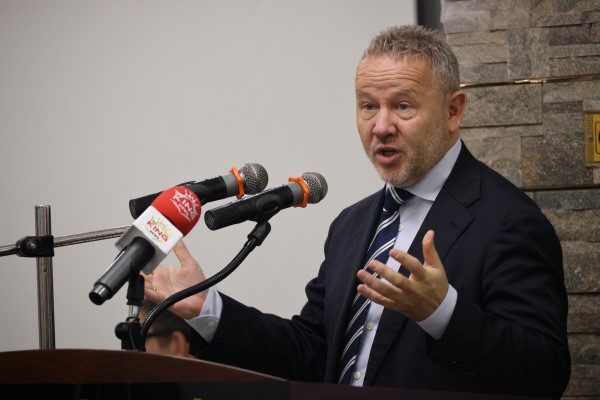
It is a pleasure to be here with you today. I express my gratitude to the organizers, the Centre for Inclusive Governance, Peace, and Justice–Madam Jackline Nasiwa, UN Women, the South Sudan Civil Society Forum, and all partners for convening this discussion.
The path to peace has been difficult and marked by unmet promises. Most seriously, we now see a return to conflict across the country. It would be an appalling tragedy for the people of South Sudan should we see a return to widespread armed conflict.
Norway’s message to South Sudanese leaders is crystal clear: “enough is enough,” - South Sudan has already seen too much violence.
It is time to turn the page. As a long-standing partner of the people of South Sudan, Norway’s priority remains peace and development. We urge South Sudanese leaders to once more embrace dialogue among peace partners – to pull South Sudan back from the brink of a civil war – to bring the country out of the limbo of the transitional period, and into stability and development. In this, we invite all South Sudanese leaders to engage constructively with regional and international partners who are committed to supporting the country’s stability.
As the transitional period nears its end, open and honest dialogue is not a choice, but a necessity. It is crucial for building confidence in the possibility of peace, the establishment of democracy, and the realization of a brighter future all of South Sudan.
In the process of building peace, I ask leaders not to ignore the fundament that peace will stand on: namely grassroots efforts in villages, churches, schools, and communities.
Real, lasting peace is established at the grassroots level by individuals who engage in dialogue, actively listen, and promote reconciliation on a daily basis.
That is why Norway prioritizes inclusive peacebuilding efforts by supporting women, youth, and community networks who play a crucial role in fostering healing and unity among people.
This country is full of women and men who build peace. Some are in this room, others in the swamps of Upper Nile, cattle camps, and market stalls; mediating disputes, comforting neighbors, and leading by example.
For this fundament for peace to be solid, it is essential for the government to foster a conducive environment that enables civil society, faith leaders, traditional authorities, and the media to freely express themselves, question, provide guidance, and hold accountable those in positions of responsibility. This is not about funding or government-led initiatives. It is about allowing all dissent and voices, having open spaces to meet, and building impartial institutions that are responsive to the needs of the population, not the Minister at the top.
Distinguished guests, as you begin your deliberations today, I trust that this dialogue will serve two key purposes:
- Ensure inclusivity by valuing every voice, including those of women, youth, and minority groups.
- And encourage all parties involved in the peace agreement to fully implement the Revitalized Peace Agreement.
The people of South Sudan have demonstrated resilience in the past, and I believe that with courage, dialogue, and inclusivity, this country can successfully transition from conflict to lasting peace, democracy and development.
With that, I wish you productive deliberations.
Thank you.
*Ambassador Roar Haugsdal, Norwegian Ambassador to South Sudan*